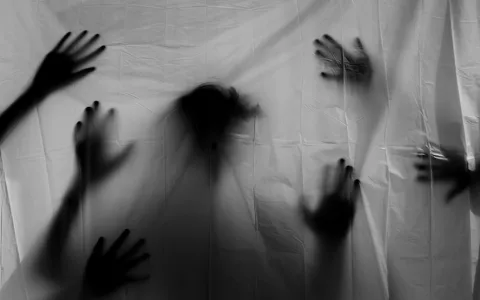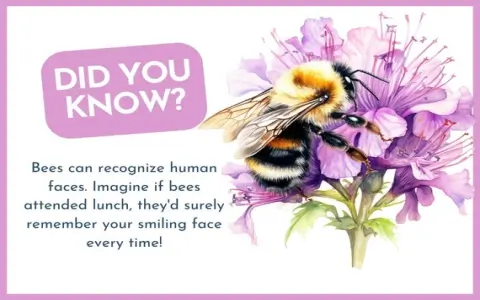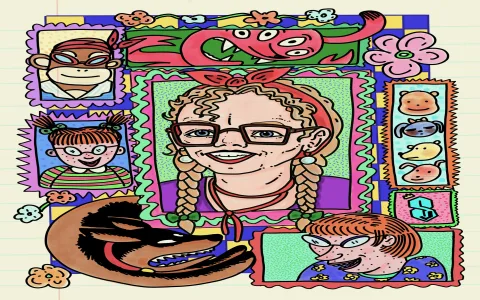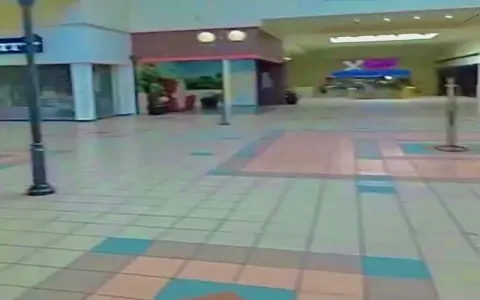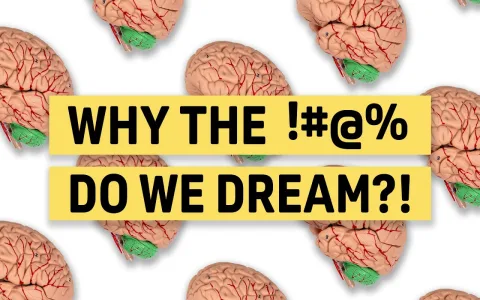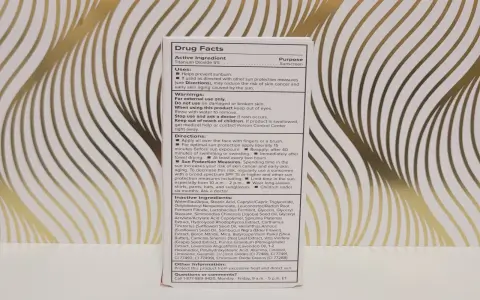Man, let me tell you, I was drowning in fear. Every night, it felt like my brain was running a horror movie marathon. I’d wake up sweaty, heart pounding, totally exhausted before the day even began. The scary dreams themselves were bad enough—being chased, losing my teeth, houses collapsing—the usual high-stress garbage. But the real, draining problem was the aftermath. I jumped straight onto the internet looking for answers every time.
I swear, that’s where the real nightmare started. I searched up “snake dream meaning,” or “falling dream significance,” and boom, I was hit with an ocean of conflicting interpretations. I’m talking about 80 million different takes, all claiming to be the absolute truth. Is the snake betrayal? Is it fertility? Is it my childhood trauma? I read through spiritual forums, I scrolled past academic psychology papers, and all that conflicting noise just made the whole thing worse. It was a flood, seriously. A dream interpretation flood that was more confusing and stressful than the actual dreams themselves. I realized I was spending more mental energy debunking bad interpretations than understanding my own head.
Stopping the Flood and Building My Own Damn Dictionary
I finally hit a wall. I admitted to myself that if the so-called experts couldn’t agree on whether a dead person meant good luck or impending doom, then maybe the answer wasn’t out there—it was locked inside my own messed-up perspective. So, about nine months ago, I decided to stop importing interpretations. I was going to build my own dream codebook, based only on what I felt and what was happening in my real life.
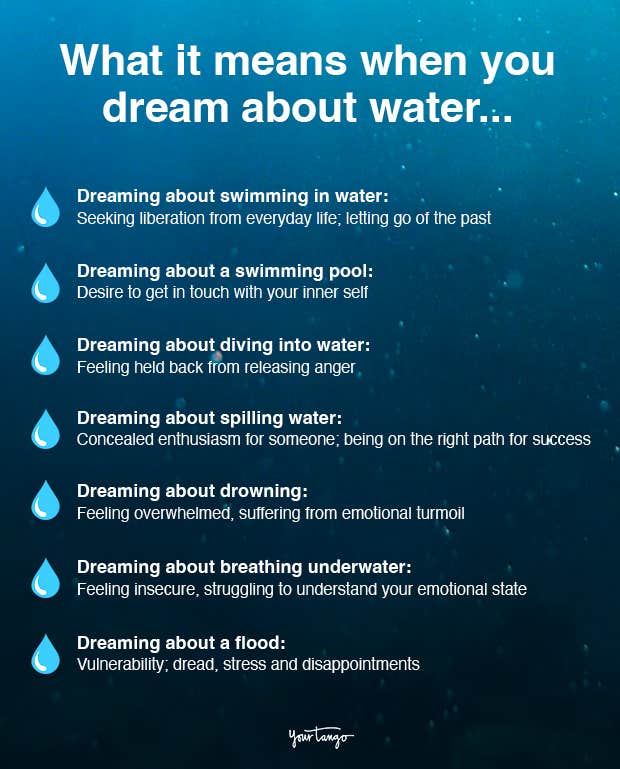
I grabbed a notebook—the cheapest, ugliest thing I could find so I wouldn’t feel bad about writing nonsense in it—and I committed to logging. No shortcuts. As soon as my alarm blared, before I even checked my emails or saw the daylight, I had to write down three things about the dream I’d just woken up from:
- The dominant emotional signature: What was the overriding feeling? (Fear, dread, shame, deep confusion, powerlessness.)
- The high-impact element: What was the scariest or most vivid symbol? (A broken mirror, a relentless pursuer, being trapped underwater.)
- The real-life trigger: What stressful event or major worry was dominating my thoughts the day before? (Stress at work, avoidance of a specific phone call, feeling insulted by a family member.)
The first few weeks were junk. I wrote down fragmented nonsense and had trouble remembering the details. But after about a month of forcing myself to capture that raw emotion immediately, patterns started popping up. I discovered it wasn’t about the symbols anymore; it was about the emotional architecture linking the dream to my conscious stress.
I tracked a recurring theme where I was always desperately trying to hide something, but the hidden spot kept revealing itself. The internet would yell about “secrets being exposed” or “feelings of guilt.” But when I cross-referenced the dates and looked at my life log, that dream only happened when I was actively procrastinating on complex paperwork—like taxes or renewing my car insurance—things I felt overwhelmed by and wanted to make disappear. The dream wasn’t about moral failure; it was about my avoidance strategy failing.
Another common one was the classic “getting lost” dream, usually in a dark, unfamiliar cityscape. I analyzed the timing and discovered it almost always happened after conversations with my boss where the company goals or my personal responsibilities had been vaguely defined. The fear wasn’t about geography; it was about feeling completely directionless at work. The city was just my professional life wearing a scary, confusing suit.
I eventually established five core dream meanings that were 100% unique to my stress response. These were my hidden meanings, finally unearthed:
- The Slipping/Falling Dream: Always tied to fear of failure in a new skill I was learning. It meant: “You are worried you don’t have enough control.”
- The House Collapse Dream: Always linked to feeling financially strained or worrying about job security. It meant: “Your foundation feels unstable.”
- The Silent/Muted Dream: This always occurred when I had been bottling up frustration and felt unheard in a discussion. It meant: “You need to demand space to talk.”
- The Chase Dream (where I couldn’t run): This consistently meant I was avoiding a looming deadline or a crucial adult responsibility. It meant: “The consequences of your inaction are catching up.”
- The Teeth Dream: Surprisingly, for me, this wasn’t about vanity or power loss. It only happened when I felt I had been speaking too recklessly or gossiping. It meant: “You regret what you said.”
Closing the Browser Tabs and Getting Some Sleep
Once I had my own personal codebook built and validated against months of real-life stress, the scary interpretations online lost all their power. Why bother reading some random article’s take on a chase scene when I knew that for me, the chase simply meant I had to stop messing around and file my quarterly reports?
The biggest change wasn’t that the scary dreams stopped entirely—they haven’t. But when I wake up terrified now, I don’t panic and run to Google and get lost in the noise. I grab my journal, quickly match the dream emotion to one of my established anxiety categories, and then I act on the real problem in my life.
If I have a Collapse Dream, I immediately review my budget or job duties the next morning. If I have a Silent Dream, I schedule that hard conversation I was avoiding. By addressing the actual stress trigger, I defuse the nightly horror show. It takes work, yes, but trust me, it works better than any generic online guide I ever wasted time on. You gotta stop outsourcing your fears and start listening to your own damn brain.

